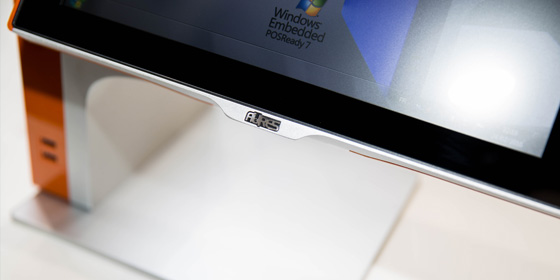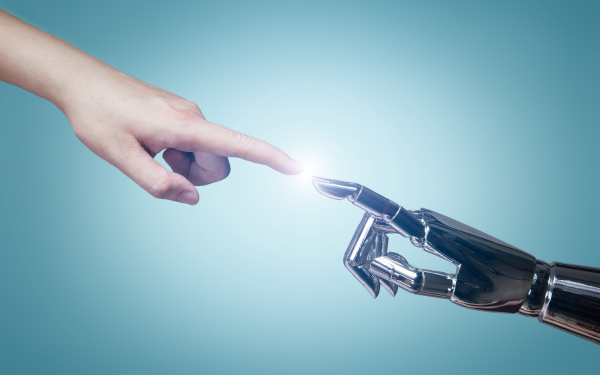Hospitality has always been a people business. From hotel concierges who make you feel like it’s their personal mission to ensure you have the best possible stay, to barkeeps who know what ‘the usual’ is for every regular customer – the value that skilled, knowledgeable, experienced and personable staff add is impossible to quantify.
So you can understand why some in the hospitality sector are a little wary about Artificial Intelligence (AI). Attention-grabbing headlines like Goldman Sachs’ claim that AI could wipe out 300 million jobs – roughly 10% of employed posts in the world – don’t help.
Never mind that the pay-off could be a 7% rise in global GDP from the efficiency gains AI offers. From a hospitality perspective, the prospect of swapping staff for bots to handle service loses one of the key opportunities businesses have to differentiate themselves. And you have to admit, a world of automated hospitality does sound kind of grey and one-dimensional.
Those that share this view in the hospitality sector seem to have their finger on the pulse of consumer opinion, too. Three quarters of people want human interaction to remain a part of their dining out and hotel stay experiences, and more than half want to see a balance between how technology is used and the human touch.
But there’s the key word in all of this. Balance. No, wiping out the hospitality workforce in favour of AI-powered automated systems would nof be in anyone’s best interests. But used effectively and sympathetically, AI can sure complement the personal touch. It might even elevate it to new heights.
Filling in the gaps
There are several reasons why it’s worth hospitality operators taking a closer look at how AI can be an aid to their people, not a threat. One is the simple fact that hospitality is mired in a recruitment crisis. According to the American Hotel & Lodging Association (AHLA), 82% of hotels are short staffed, and 62% of restaurants say they don’t have enough staff to cope with current demands.
AI can step in and fill the gaps by taking on repetitive, labour-intensive tasks that eat up huge amounts of time, but don’t necessarily contribute directly to the guest experience. Do you need a human being to work out table reservations based average dining time calculations, or draw up room cleaning rotas, when a piece of software can do it not only in a fraction of the time, but with much better results?
Allowing AI to take on tasks like these that it is intrinsically good at frees up people to do what they are good at – attending to customer needs on a personal level. And by optimizing those table reservation slots, cleaning rotas and whatever else it might be, businesses can look forward to their operations becoming more efficient for less cost.
AI tools can also be an invaluable companion to the hospitality workforce in improving levels of personalization. No, despite the advances of generative AI and LLMs, AI cannot (yet, anyway) hold lengthy, detailed conversations, and respond to customer need intuitively and empathetically. But it can crunch through enormous volumes of data, more or less in real time, and use that ability to decipher cryptic patterns in guest behaviour that hold the key to their preferences. Or even just remember what every returning customer booked, ordered and said they did and didn’t like about their previous visits, every time.
With 61% of travellers saying they’d be prepared to pay more for personalized experiences in hotels, there’s no need for operators to rely on the talent of their people to deliver it. AI is a ready and willing accomplice capable of feeding data through booking systems, POS, self-service kiosks, smart room systems and more which can help to alter the service experience in those subtle but essential ways that make all the difference to people.




